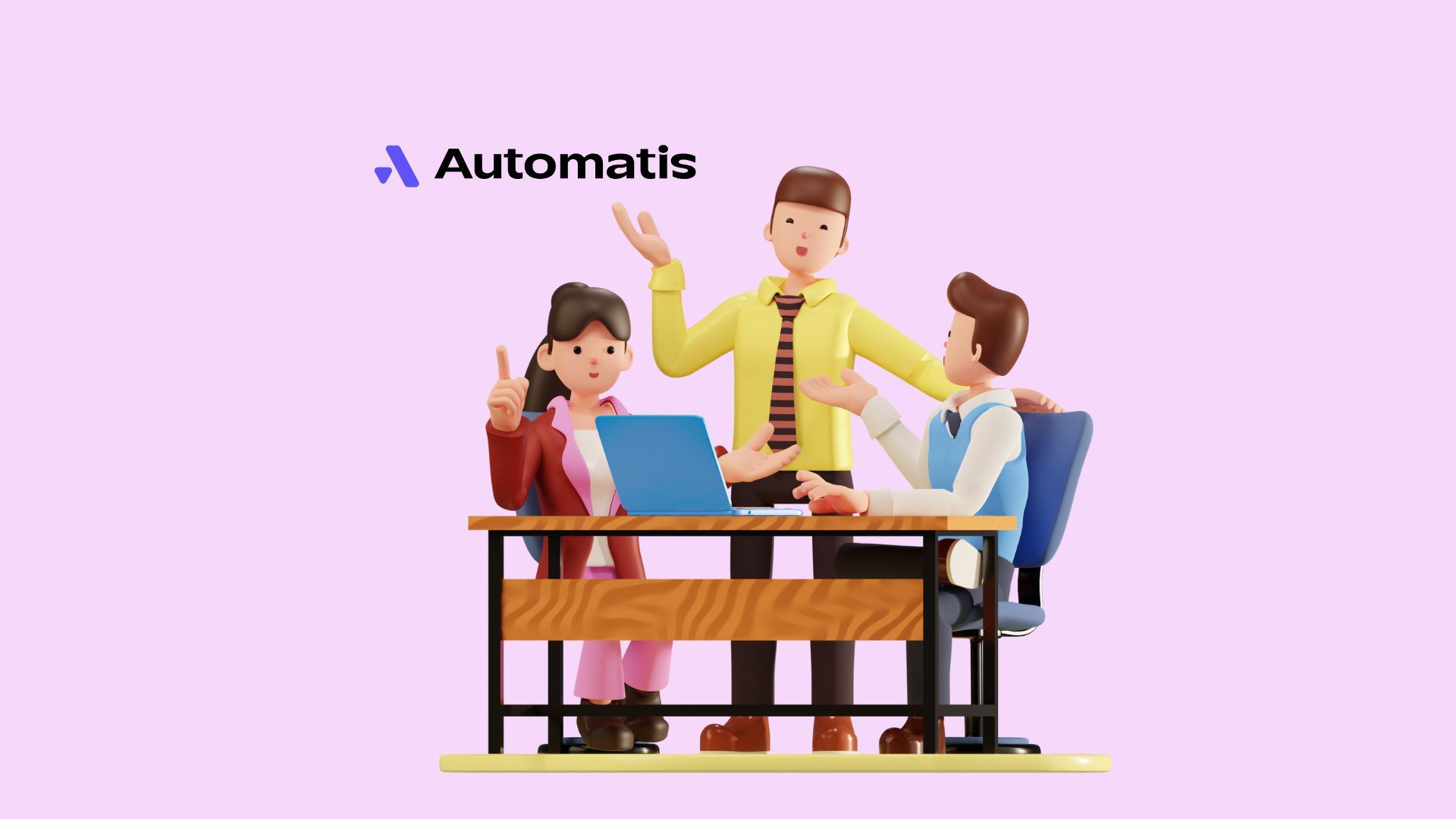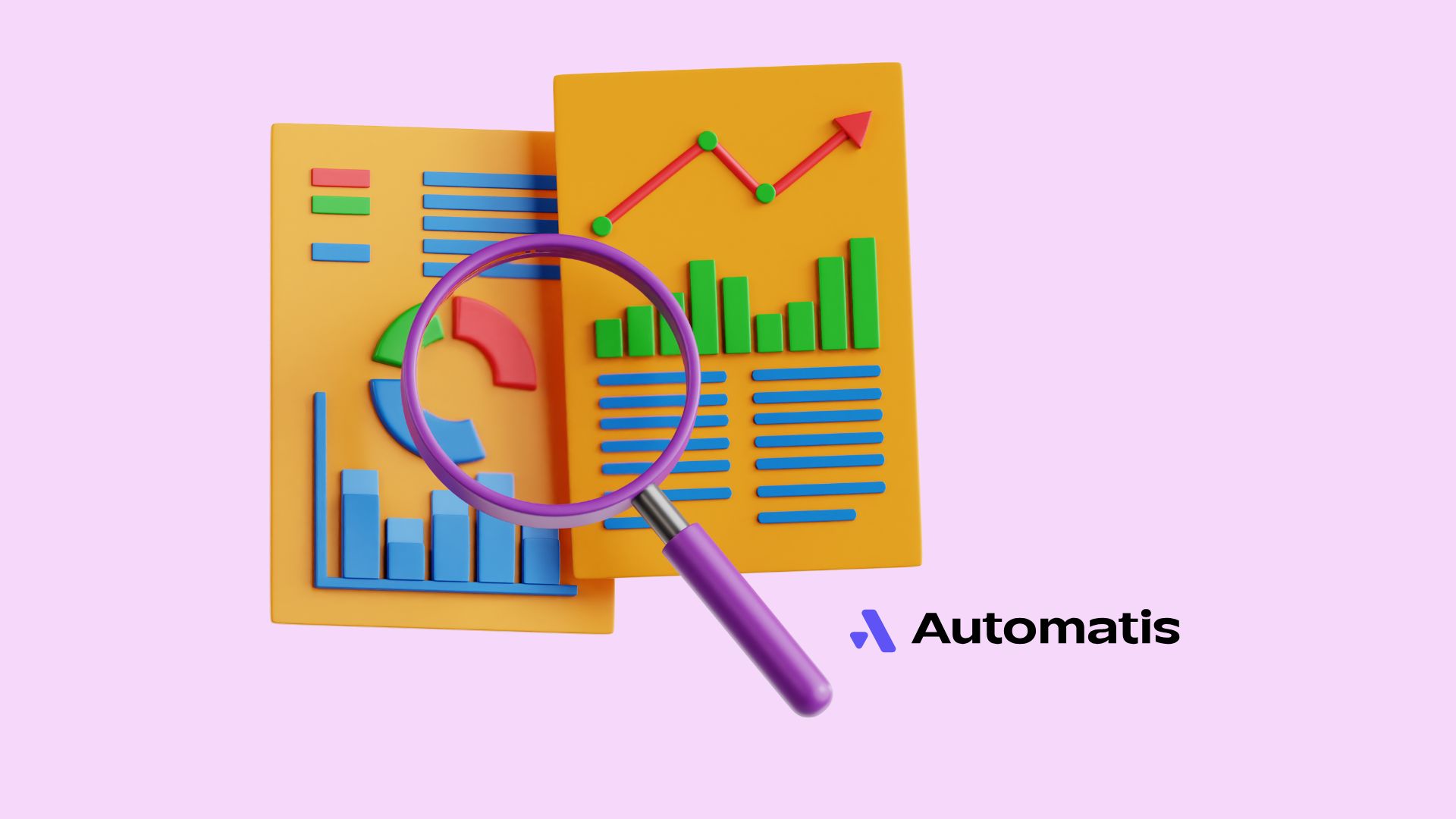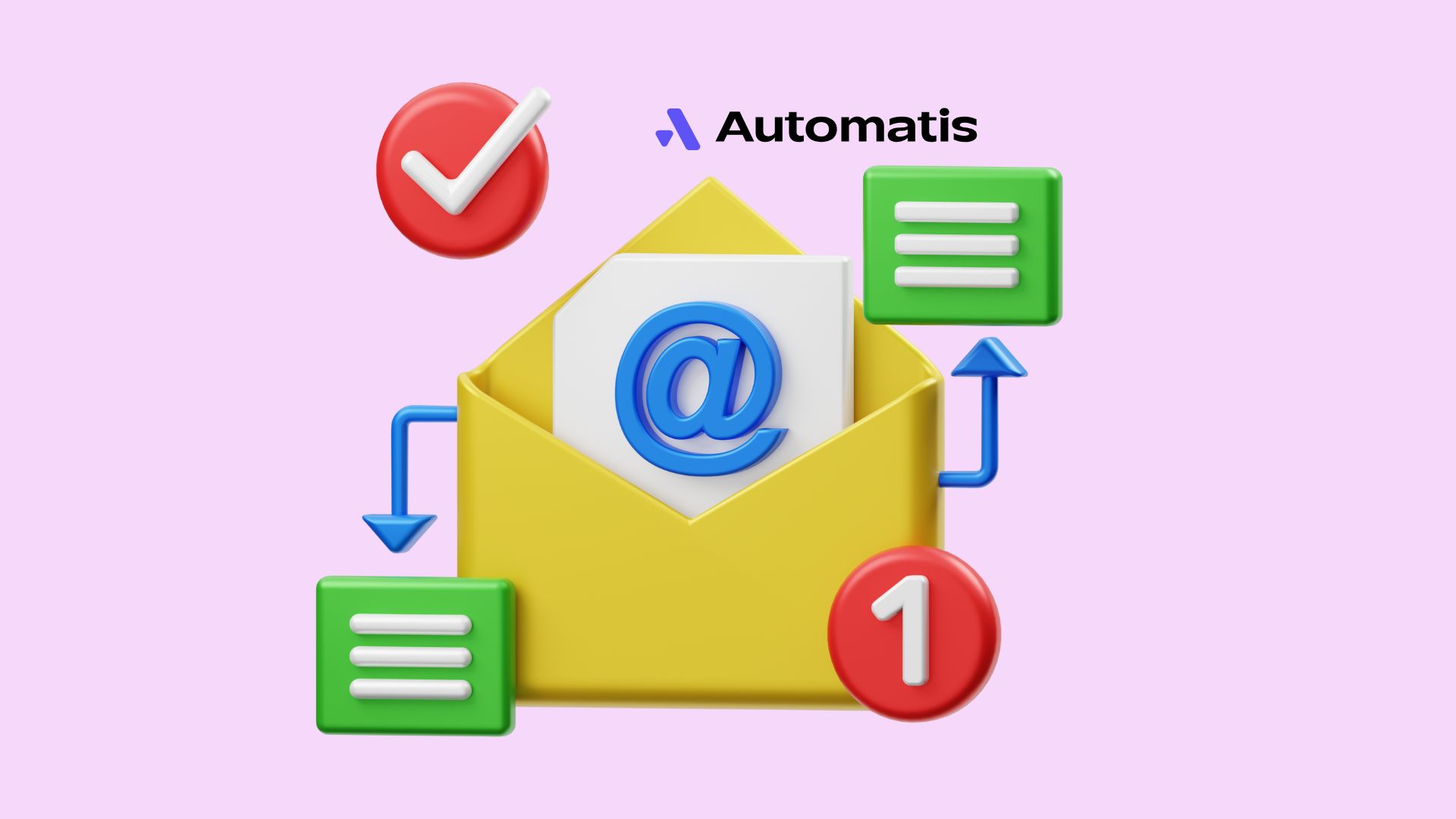In today-s fast-paced digital world, small teams are expected to do more with fewer resources. AI-powered workflows help streamline tasks, improve efficiency, and reduce workload, allowing teams to focus on high-impact activities rather than repetitive manual work.
However, implementing AI automation requires careful planning to ensure it complements rather than disrupts your workflow. This guide will walk you through setting up an AI-based workflow tailored to small teams, helping you optimize productivity while keeping things manageable.
Understanding AI-Based Workflows
What Is an AI-Based Workflow?
An AI-based workflow integrates artificial intelligence tools into daily operations to automate repetitive tasks, enhance decision-making, and improve collaboration.
How AI Streamlines Workflows
- Automates repetitive tasks like scheduling, email responses, and data entry- Enhances communication through AI-powered assistants and chatbots- Provides data-driven insights to improve decision-making
Assessing Your Team-s Needs and Goals
Before implementing AI, identify the areas that need improvement: - Are repetitive administrative tasks slowing down productivity?- Does customer communication take up too much time?- Could AI analytics improve decision-making? ð¹ Pro Tip: Make a list of tasks that consume time but don't require creative thinking-these are the best candidates for AI automation.
Choosing the Right AI Tools for Small Teams
Categories of AI Tools for Small Teams
- Task Automation: AI assistants for scheduling, reminders, and document management
- Collaboration & Communication: AI-enhanced messaging and transcription tools
- Data Analytics: AI-driven reports and predictive insights
- Marketing Automation: AI for content generation and personalized campaigns
Criteria for Selecting AI Tools
- Cost-effectiveness- Ease of integration with existing tools- User-friendliness for non'tech teams
Automating Repetitive Tasks with AI
Common Tasks AI Can Automate
- Email filtering and auto-responses- Invoice generation and payment reminders- Data entry and document organization Example: AI can auto-schedule meetings by analyzing calendars and suggesting the best available times.
Enhancing Collaboration with AI
- AI-powered project management tools to assign and track tasks- Smart scheduling tools that adjust meetings based on availability- AI-powered chat tools that summarize conversations and generate meeting notes Pro Tip: AI-powered note-taking apps can transcribe and summarize meetings, so your team stays aligned without additional workload.
Optimizing Decision-Making with AI
- AI-driven data analysis helps teams make informed choices faster- Predictive AI tools forecast market trends and business performance- AI-generated reports provide real-time insights for better strategy planning ð¹ Example: A small e-commerce team can use AI to predict customer behavior and optimize sales strategies.
AI in Content Creation and Marketing Automation
- AI-generated blog posts and product descriptions- Automated email marketing campaigns with personalized content- AI-powered social media scheduling for better engagement ð¡ Example: AI can suggest optimal posting times based on audience activity, increasing reach and engagement.
Integrating AI Without Disrupting Team Workflows
- Start with one AI tool at a time- Provide training to ensure smooth adoption- Gather team feedback to refine the process ð¹ Pro Tip: Avoid overloading your team with too many AI tools at once-gradual integration leads to better adoption.
Measuring AI-s Impact on Team Productivity
- Track time saved on repetitive tasks- Measure workflow efficiency before and after AI adoption- Monitor employee satisfaction with AI tools Example: If AI saves 5+ hours per week on scheduling alone, it's a clear indicator of success.
Common Mistakes to Avoid When Implementing AI Workflows
Over-automation - Don't remove the human touch from key interactionsLack of clear goals - Define what you want AI to accomplishIgnoring feedback - Involve your team to ensure smooth adoption ð¹ Pro Tip: AI should enhance-not replace-critical human decision-making.
Future-Proofing Your AI-Based Workflow
- Stay updated on AI advancements- Regularly evaluate and update AI tools- Scale AI integration as the team grows ð¹ Example: A growing sales team can expand AI-s role in customer relationship management (CRM) to handle more inquiries efficiently.
Conclusion
An AI-based workflow can save time, reduce workload, and improve efficiency, but only when implemented strategically. By choosing the right AI tools, integrating them gradually, and measuring their impact, small teams can work smarter, not harder.









